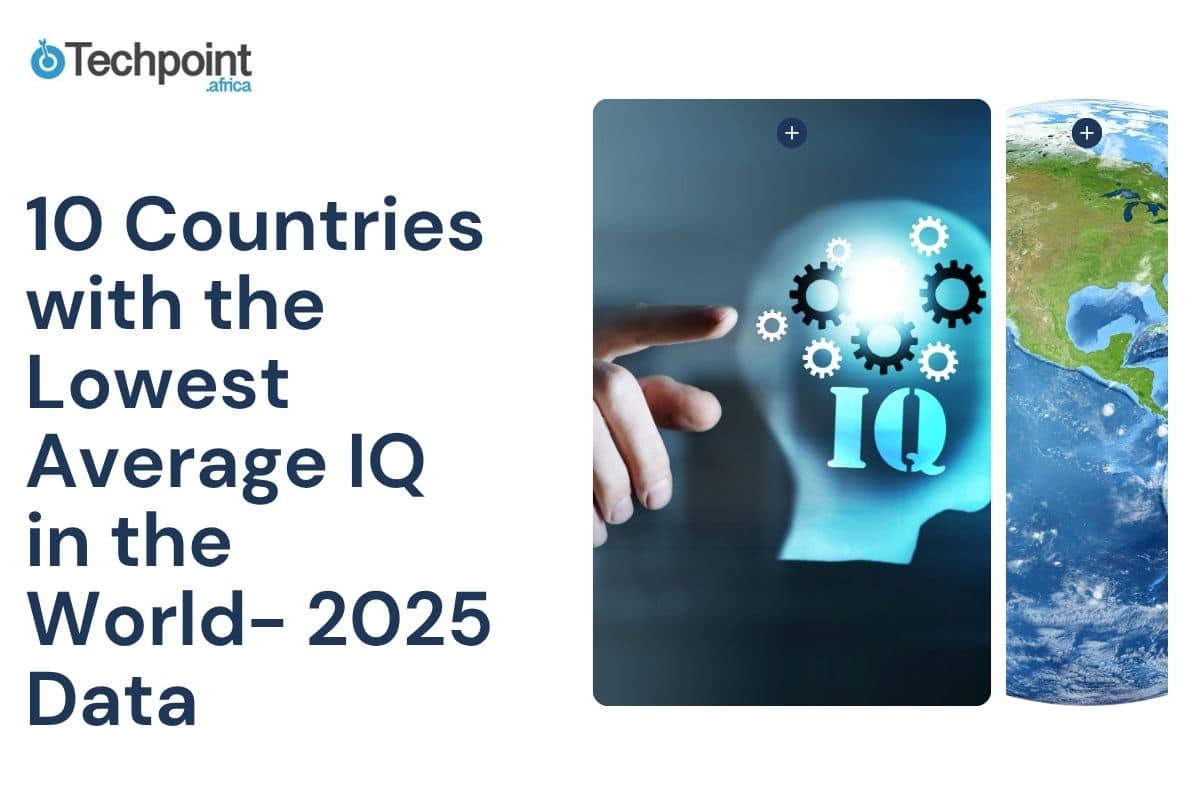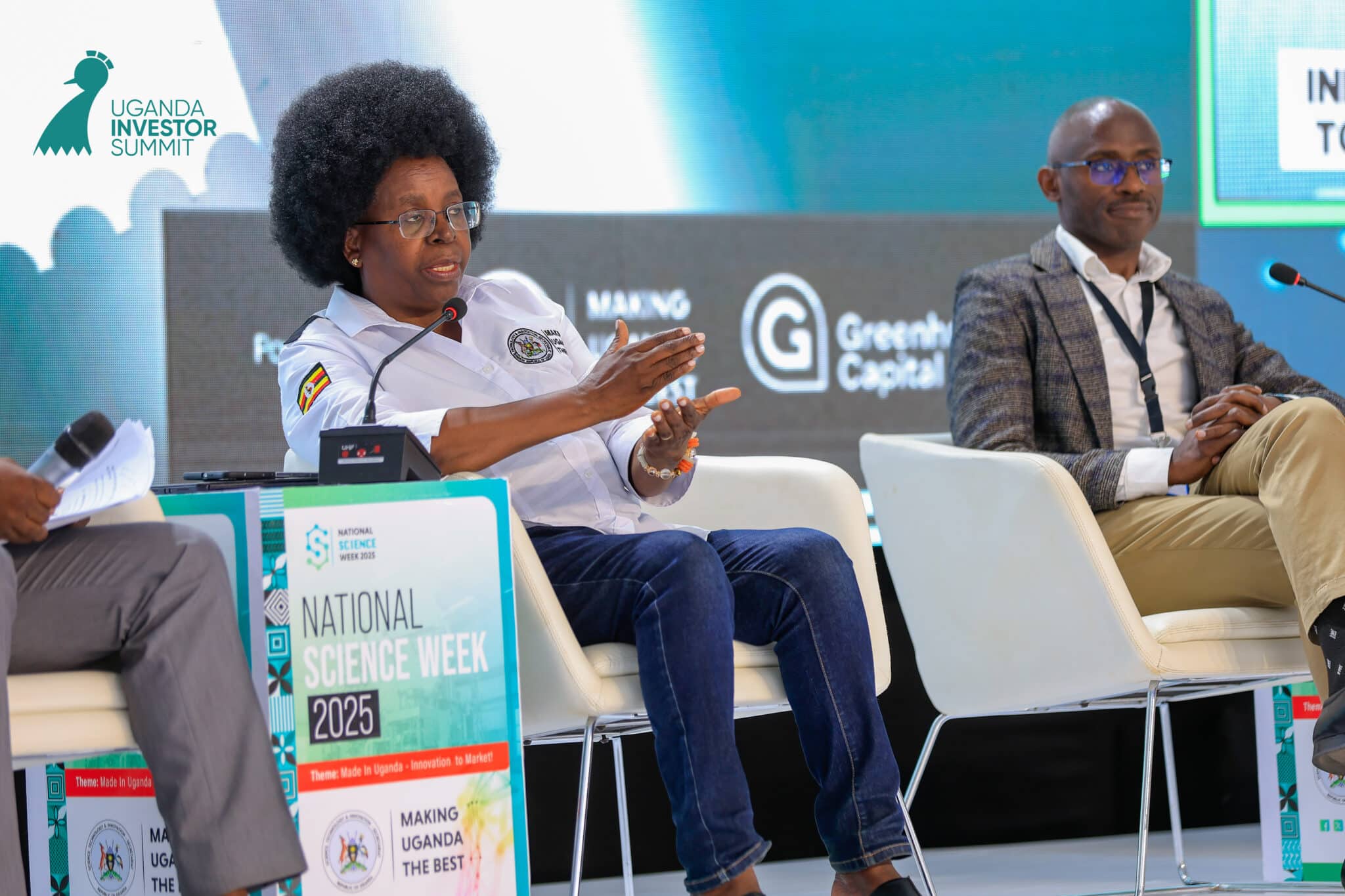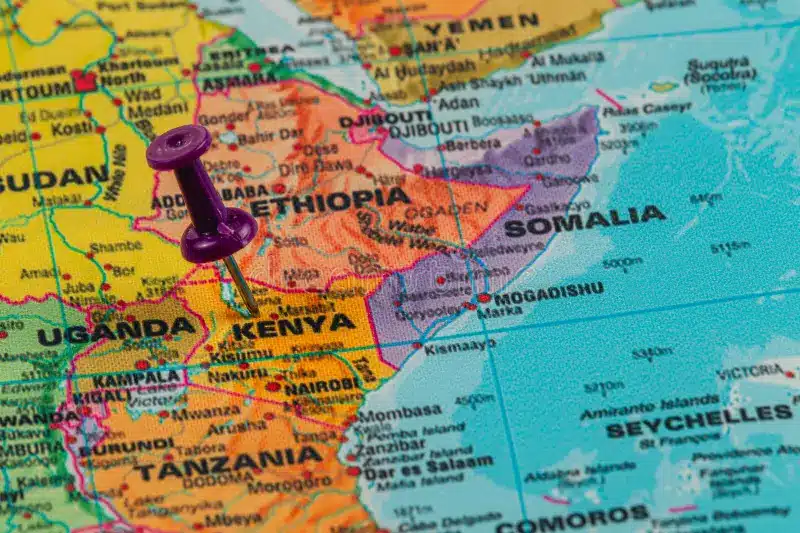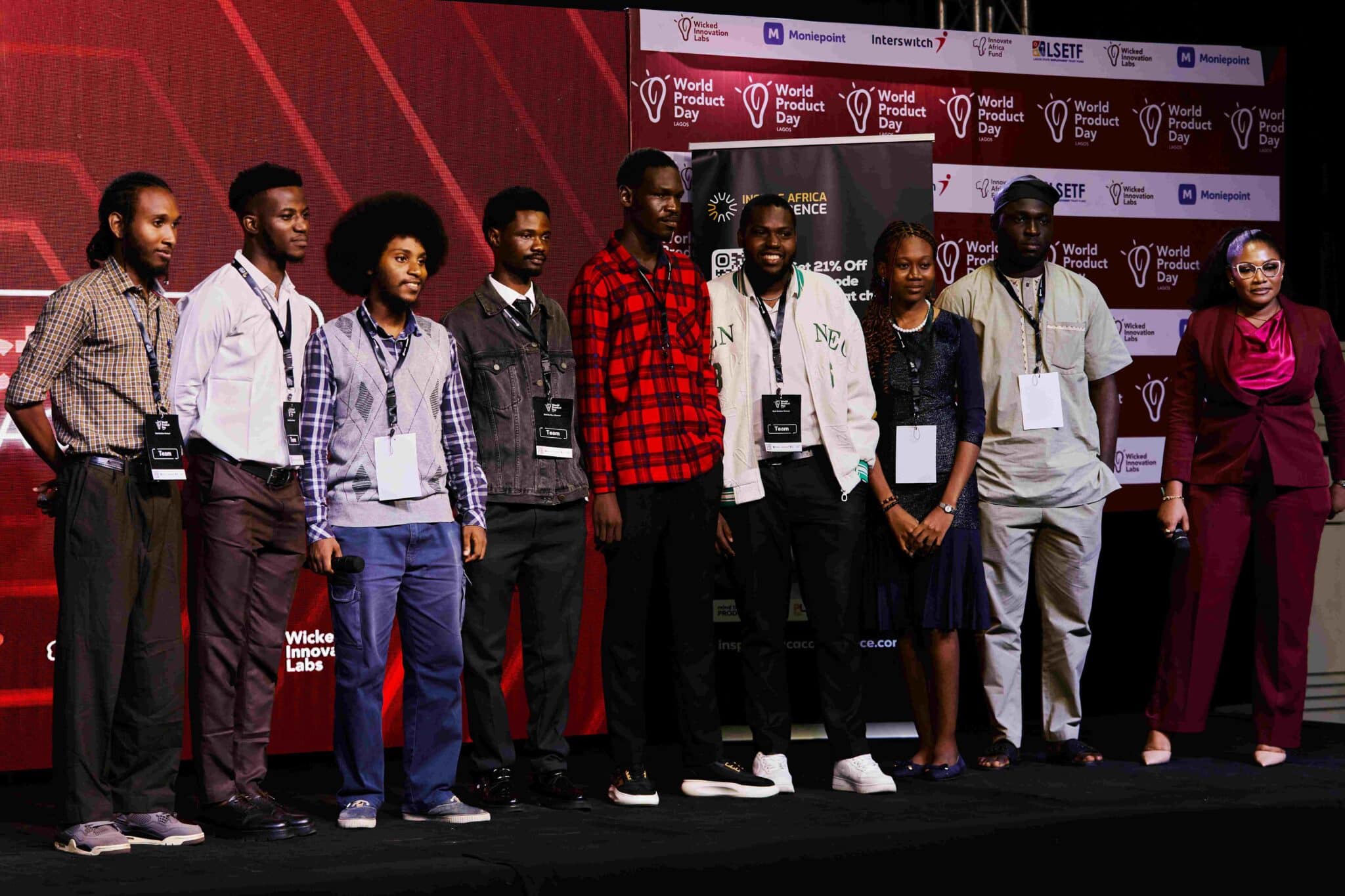The 2024 Olympics came to an end last week, and while I hardly followed it, there’s a sub-plot that provides some food for thought.
On the Japanese football team were 22-year-old Joel Chima Fujita and 23-year-old Leo Kokubo. Elsewhere, Giannis Antetokounmpo flew the Greek flag.
All three athletes are part of Africa’s rapidly growing diaspora, and Antetokounmpo was recently the subject of a WhatsApp documentary that saw him explore his Nigerian heritage.
As economic realities force more Africans to seek a life outside the continent, the size of the African diaspora will grow.
Between 2005 and 2023, Nigerians ranked third in the number of study visas issued to foreign nationals behind China and India. Meanwhile, UK work visa applications from Nigerians rose 1,581% between 2019 and 2023.
That’s a problem in certain quarters because it’s often the most educated or financially well-off who make the move. Still, that’s an opportunity that bears looking at.
2023 was a tough one for most businesses on the continent. Some of its largest economies – Nigeria, Egypt, and Kenya—experienced severe currency devaluations and inflation that hit businesses hard. For the tech industry, layoffs and longer fundraising timelines have become more common.
Yet, the African diaspora represents a growth opportunity. Last year, they sent nearly $100 billion to the continent, dwarfing the $3.5 billion venture capital funding.
Despite leaving for education or work, many of the African diaspora retain ties to the continent with the monies they send back, paying medical bills, setting up businesses, and paying tuition, among others.
Startups and investors have a unique opportunity to create and fund solutions that cater to this demographic.
Three-year-old Lemfi, which just raised a Series A round, is easing remittances to the continent. Starting out in Canada, it has expanded its operations to the United States, the United Kingdom, and Asia.
A home away from home
According to the World Economic Forum, Africans in the diaspora have the potential to be innovators and investors because they acquire skills and knowledge by experiencing cutting-edge technologies and industries that are hardly found in Africa.
Additionally, Africa’s diaspora possesses a higher spending power as consumers. Channelling those skills and capital towards investing and building startups could unleash significant economic development across the continent.
In The Psychology of Money, Morgan Housel argues that emotions play a huge role in financial investments.
It is this emotional tie that should be exploited to drive investments on the continent, according to Kristin Wilson, Managing Partner at Innovate Africa.
“If you look at the data, this place is a shitshow, but I think there’s something about the Nigerian spirit and culture that almost makes up for it. At least for millennials who’ve gone through the first wave of migration, I think there’s a sense that it’s not as great as they thought it would be, and there’s a sense of ‘I need to build something back home.’”
Ghana’s year of return attempted to capitalise on the African diaspora in 2019, and while the jury is still out on its impact, it provides a template that other African countries can build upon.
Areas for innovation
With the migration trend expected to continue for some time, there are a few industries that bear looking at.
Remittance is an obvious one, as Lemfi has shown, but building financial products tailored to immigrants at every stage of their journey is crucial. Barely four weeks ago, Mercury kicked some African countries off the list of countries it covers, and it led to renewed calls for homegrown solutions.
Like African businesses, individuals still need financial solutions. Most Western economies are powered by credit, but immigrants have to build their creditworthiness from scratch even when they have good credit scores in their home countries. The ability to translate the credit history of African immigrants to their new countries could be massive.
Endowd Africa is currently doing something similar, but for African students. While it begins with helping Africans pay their tuition, CEO Mayowa Adedeji shares that the long-term vision is to become the financial partner for African students.
Amid the gloom of Nigeria’s economic woes, its entertainment industry has been a shining light, and investments in cultural exports could yield great returns. IrokoTV was built on the promise of providing more content from Africa, and while it has struggled in recent years, that promise remains strong.
Movies may not be the way to go, but as calls increase for more investments in Africa’s creative sector, the diaspora could be leveraged. Perhaps it is time for a vehicle that enables musicians and filmmakers to access funding. Editi Effiong’s movie, The Black Book, could provide a template for interested parties.
The window of opportunity is short
There’s no guarantee that a significant portion of the African diaspora would view startups on the continent as a viable investment opportunity, especially as the realities on the continent often discourage return or reinvestment.
Economic instability, governance challenges, and a lack of transparency create a complex landscape for those wishing to contribute their resources effectively.
Wilson argues that investments in tools that create transparency and aid accountability could help African diasporans view investments on the continent in a positive light.
“Even stepping away from the continent and our own problems, there is a solid commercial opportunity in figuring out single sources of truth, especially in the age of deep fake, AI misinformation, because AI is only going to get more sophisticated and misinformation is only going to get more seamlessly distributed. So that transparency infrastructure and accountability infrastructure will become more commercially critical.”
Additionally, as time passes, there’s the danger that subsequent immigrant generations will be less likely to favour an investment on the continent. Therefore, it is imperative that all stakeholders seize this moment or risk finding themselves left behind as the dynamics of diaspora engagement evolve.











